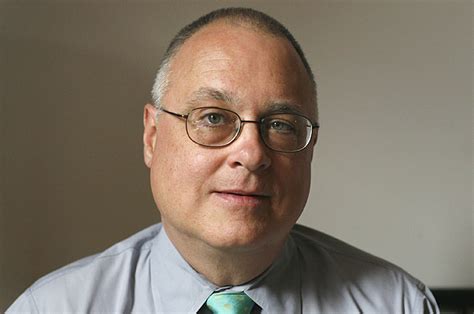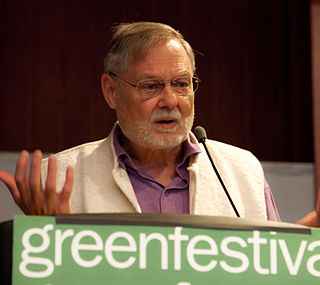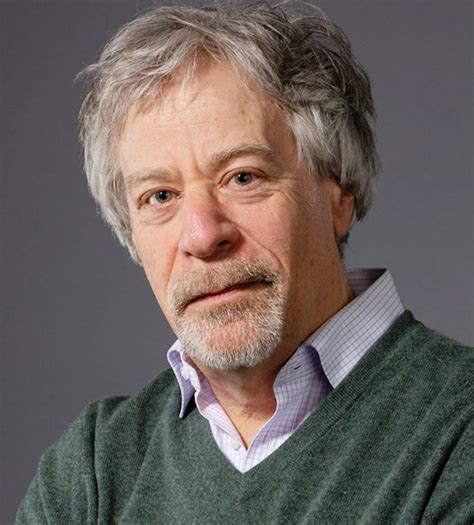A Quote by Robert Trout
The British system denied any role for human creativity, and instead argued, that if man merely followed his hedonistic desires, pursuing pleasure and avoiding pain, objective laws would naturally guide society to achieve the best allocation of wealth.
Related Quotes
In the future it's very possible you could have an artificial intelligence system that can run the country better than a human being. Because human beings are naturally selfish. Human beings are naturally after their own interests. We are geared towards pursuing our own desires, but oftentimes, those desires have contrasts to the benefit of society, at large, or against the benefit of the greater good. Whereas, if you have a machine, you will be able to program that machine to, hopefully, benefit the greatest good, and really go after that.
The black money issue should not be misunderstood as one of merely avoiding taxes. It is, in fact, a major systemic crime of denying the nation's financial system the proceeds of wealth. Such denial should actually be declared as treason, where opportunities to share the wealth for the benefit of the poor are wilfully denied.
I can answer that only by hearsay, returned the Guide, for pain is a secret which he has shared with your race and not with mine; and you would find it as hard to explain suffering to me as I would find it to reveal to you the secrets of the Mountain people. But those who know best say this, that any liberal man would choose the pain of this desire, even for ever, rather than the peace of feeling it no longer; and that though the best thing is to have, the next best is to want, and the worst of all is not to want.
Smith, as we have said, was not the proponent of any one class. He was a slave to his system. His whole economic philosophy stemmed from his unquestioning faith in the ability of the market to guide the system to its point of highest return. The market — that wonderful social machine — would take care of society's needs if it was left alone. "Consumption is the sole end and purpose of all production," he wrote.
A rentier is an investor whose relationship to a company or enterprise is strictly limited to the ownership of financial wealth (such as stocks or bonds) and the receipt of income on that wealth (such as dividends or interest). The financial system performs dismally at its advertised task, that of efficiently directing society's savings towards their optimal investment pursuits. The system is stupefyingly expensive, gives terrible signals for the allocation of capital, and has surprisingly little to do with real investment.
You can never get to a person's mind. You cannot know the different deeds and missions of happiness; you can't tell a screm of pleasure from one of pain. Sometimes, we can barely read pain. Neither a barometer nor a guide, pain can mislead us. Even in the body, the laws of chain reactions can be false. This is why people always want a second opinion.
Segregations, by which I mean people living in a certain area, was a planned system. It was made that way. And what you have is a system in which people are there to be exploited. They're right there waiting for it. A community of people who've been denied wealth, denied wealth-building opportunities, are right there. And the banks went right after them.
When a person's primary objective is to maximize material pleasures while minimizing discomforts, then life becomes a constant process of "pushing" (trying to push away from discomforts) and "grabbing" (trying to acquire or hold on to that which gives pleasure). With the loss of inner balance that accompanies a habitual "pushing and grabbing" approach to life, a deeper pain ensues-that of becoming aware of the ultimate unsatisfactoriness of the pleasure-seeking/pain-avoiding process itself.
The man who works 52 weeks in the year does not do his best in any one week of the year, Daniel Guggenheim, onetime head of the greatest smelting and mining family in America, impressed upon me. Real recreation quickens aspiration. The true purpose of recreation is not merely to amuse, not merely to afford pleasure, not merely to kill time, but to increase our fitness, enhance our usefulness, spur achievement.
It does seem like if you're an interesting person and you have endless amounts of money to indulge your fantasies, then those fantasies will be plagued with guilt about that level of indulgence. It really becomes a self-defeating exercise in pursuing hedonistic desires in any sort of normal or guiltless fashion.
It is no wonder if, under the pressure of these possibilities of suffering, men are accustomed to moderate their claims to happiness - just as the pleasure principle itself, indeed, under the influence of the external world, changed into the more modest reality principle -, if a man thinks himself happy merely to have escaped unhappiness or to have survived his suffering, and if in general the task of avoiding suffering pushes that of obtaining pleasure into the background.
The natural effort of every individual to better his own condition is so powerful that it is alone, and without any assistance, capable not only of carrying on the society to wealth and prosperity, but of surmounting 100 impertinent obstructions with which the folly of human laws too often encumbers its operations.

































